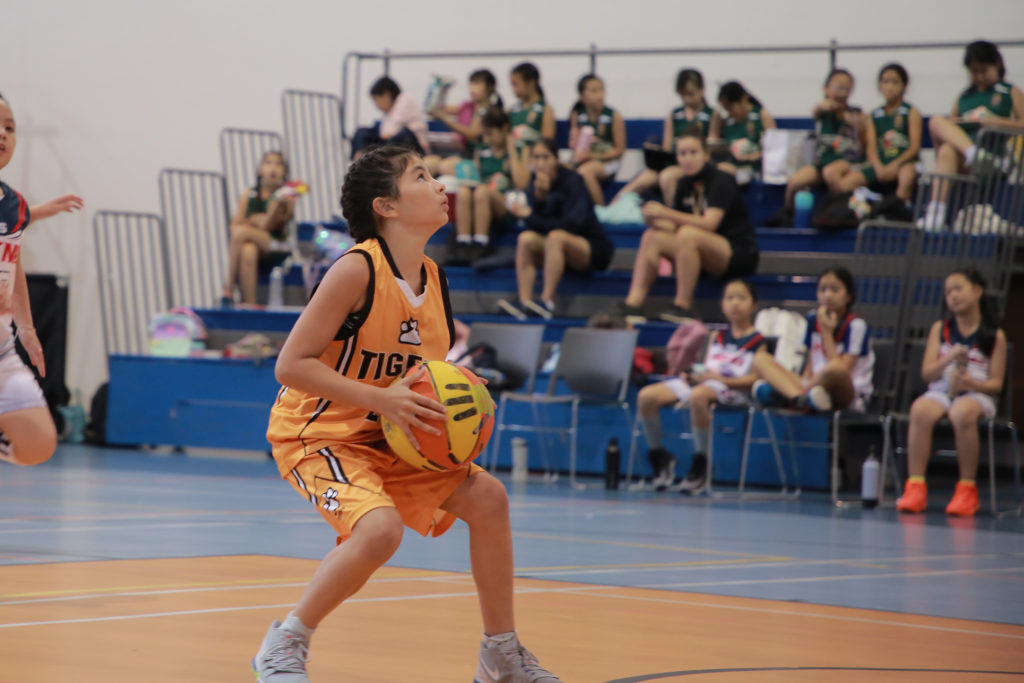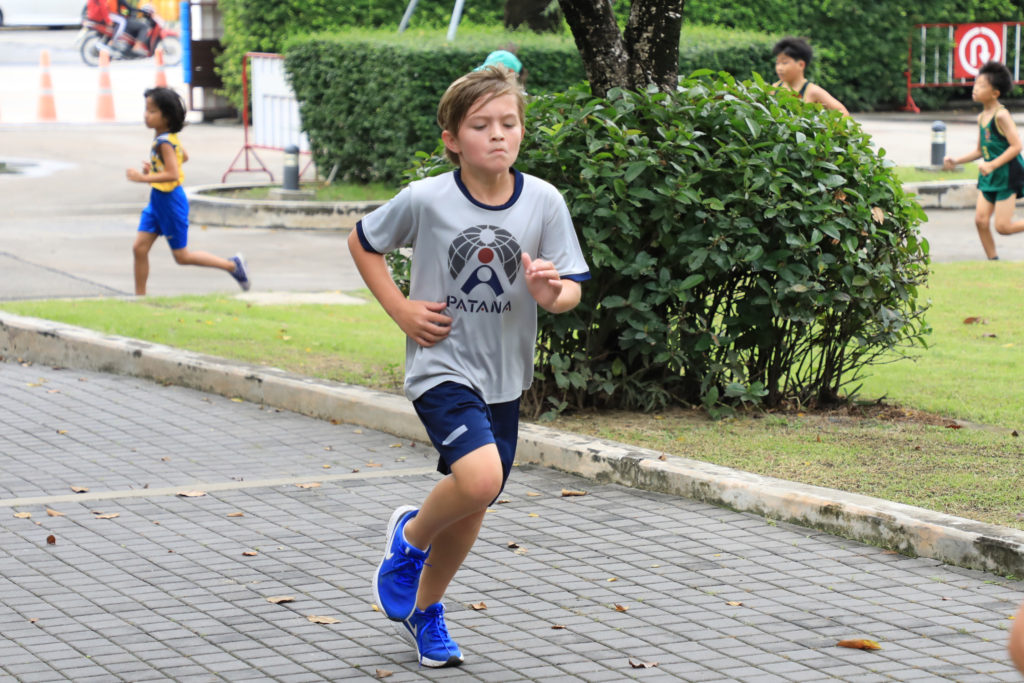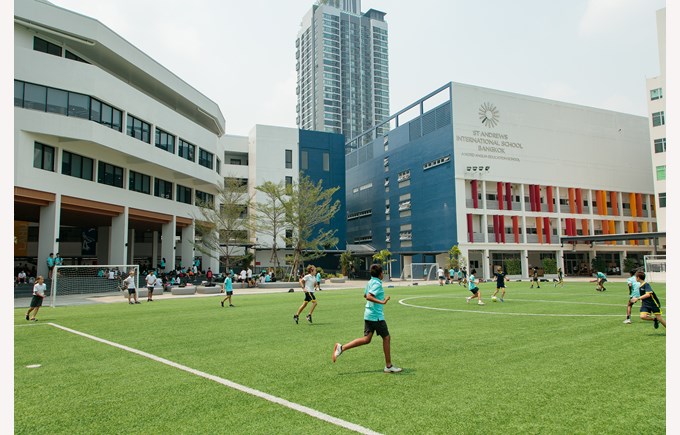In the world of sport there are winners and losers, gold medallists and silver medallists, record breakers and the rest of the field. In every contest there will be some celebrating, whilst others commiserate and then (hopefully) vow to fight on. Nobody likes to fail. But for a teenager, failure can feel like devastation.
When your ego and identity are still forming, what might seem like small failures to others can cause heartbreak and self-blaming for tweens and teens. Whether it’s rejection by someone you’ve got a crush on, a poor score in a test, or a loss in a varsity game, tweens and teenagers take failure hard.
However, the truth is that failure can offer much greater life lessons than success. But first, we must learn how to face failure head on.

More than anything, parents want to protect their children from discomfort and pain, whether physical or emotional. Yet, by keeping hardships at bay, we can unwittingly deprive students of the sense of confidence and empowerment that’s created by overcoming a challenge. Renowned speaker on adolescent mental health, Dick Moore visited Bangkok Patana School two years ago and taught a valuable lesson.
“Out of love and desire to protect our children’s self-esteem, we have bulldozed every uncomfortable bump and obstacle out of their way, clearing the manicured path we hoped would lead to success and happiness. Unfortunately, in doing so we have deprived our children of the most important lessons of childhood. The setbacks, mistakes, miscalculations, and failures we have shoved out of our children’s way are the very experiences that teach them how to be resourceful, persistent, innovative, and resilient citizens of the world.”
We find success in failure when we use it as a learning experience and move forward with greater strength. Further- more, what matters most is how we respond to what we perceive as failure. Therefore, parents and teachers need to be aware of this when supporting students through challenging experiences.

If you’re a parent or teacher, observe how your child or student reacts to failure. Then ask yourself these questions:
• Do they give up rather than trying again?
• Are there certain activities they avoid out of fear of failure?
• When they have a setback, do they blame others? Or do they shame themselves?
• Do they only stick with activities they know they are good at?
• Do they avoid thinking about why something was difficult or didn’t work out as they wanted it to?
If the answer to any of these questions is yes, then your teen or tween may need to reframe how they’re looking at failure and we, the adults in their lives need to help to facilitate that.
When we work toward a goal, experience failure, and keep on going, we’re building what’s known as grit.

Researcher Angela Duckworth defines grit as “perseverance and passion for long-term goals.” Her research has shown that people who possess grit are more successful over time. Furthermore, grit is a better predictor of long-term success than talent.
But the important word here is long-term: It may be necessary to fall down and get up, again and again, in order to eventually achieve those goals.
“I worry about people who cruise through life, friction-free, for a long, long time before encountering their first real failure. They have so little practice falling and getting up again. I see a lot of invisibly vulnerable high-achievers stumble in young adulthood and struggle to get up again. I call them the ‘fragile perfects.’ Sometimes I meet fragile perfects in my office after a midterm or a final. Very quickly, it becomes clear that these bright and wonderful people know how to succeed but not how to fail.” – Angela Duckworth, Grit: The Power of Passion and Perseverance
Let’s remember the words of the great Michael Jordan, “I’ve missed more than 9000 shots in my career. I’ve lost almost 300 games. Twenty-six times I’ve been trusted to take the game winning shot and missed. I’ve failed over and over and over again in my life. And that is why I succeed.”
If you haven’t already checked out the Michael Jordan documentary on Netflix, give it a try.
By Cindy Adair, Cross Campus Assistant Principal Sports and ECAs, Bangkok Patana School














